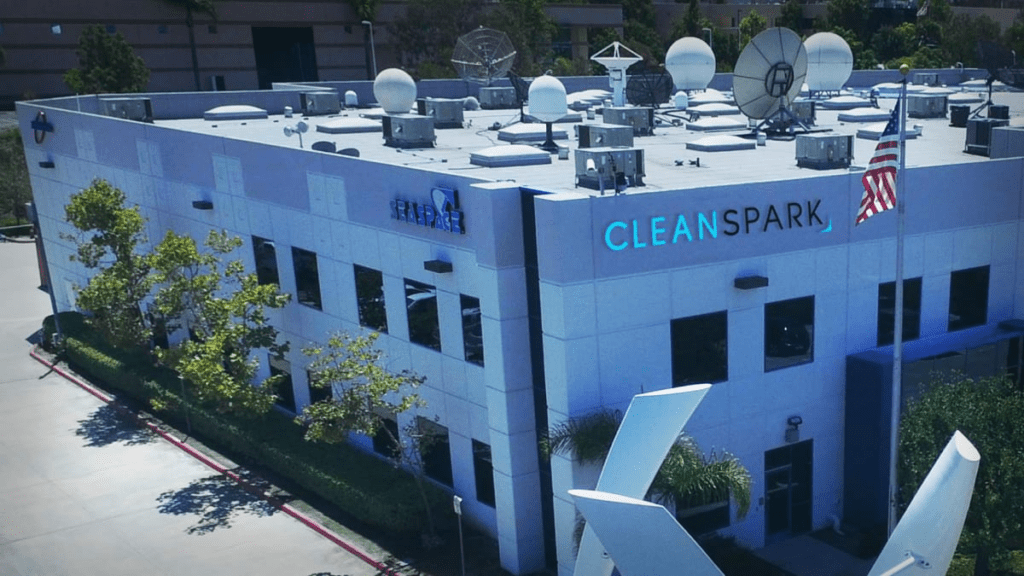Bitcoin Mining Company CleanSpark Faces Pushback Over Mining Site in Tennessee

In the quiet Appalachian town of Mountain City, Tennessee, a proposed Bitcoin mining facility by CleanSpark has ignited a heated debate among residents. The crypto mining company plans to construct a 30MW facility on a 50 acre plot at 178 Rainbow Road, aiming to expand its operations in the region. However, the proposal has been met with significant resistance from locals who fear it threatens the town’s serene environment and rural charm.
Mountain City, with a population of just 2,415, is known for its scenic beauty, musical heritage, and tranquil atmosphere. The proposed facility, which would join CleanSpark’s 24 existing Bitcoin mining sites across U.S. states like Wyoming, Tennessee, Mississippi, and Georgia, has prompted a swift community response. A Change.org petition titled Prevent Cleanspark’s Bitcoin Facility in Mountain City, TN launched by resident Zach Jensen, gained over 600 signatures within a day and now stands at 975.
The petition highlights concerns about noise pollution, strained energy resources, and stress on local water supplies, which are seen as risks to the town’s quality of life. Jensen argues that any economic benefits from the facility would not outweigh the environmental costs or the loss of Mountain City’s peaceful character. Notably, the petition claims that 68% of its supporters are from the local zip code, representing roughly 20% of the town’s population.
Stay In The Loop and Never Miss Important Bitcoin News
Sign up and be the first to know when we publishEconomic Promises vs. Environmental Concerns
At a Mountain City Planning Board meeting on April 24, Rodney Metcalf, General Manager of Mountain Electric, spoke in favor of the project. He emphasized that the facility could generate revenue to offset job losses from the 2024 closure of Parkdale Mills, a significant employer in the area. For some, the promise of economic revitalization is appealing in a town grappling with industrial decline.
However, many residents remain unconvinced, prioritizing the preservation of their community’s identity over potential financial gains. One recent petitioner expressed dismay, noting that they moved to Mountain City for its scenic views, peaceful surroundings, and friendly atmosphere—qualities they believe the mining facility would undermine. The commenter lamented that such a development contradicts the values of this small town, where change is welcome but not at the expense of its core character.
The controversy highlights a broader tension between technological innovation and environmental stewardship. Bitcoin mining is known for its high energy consumption and environmental footprint, raising valid concerns in a community that cherishes its natural surroundings. As CleanSpark pushes forward with its plans, the voices of Mountain City’s residents highlight the importance of balancing progress with the preservation of local heritage. The outcome of this debate could set a precedent for how small towns navigate the challenges of modern industry while safeguarding their unique identities. For now, the petition continues to gain traction, signaling that Mountain City’s residents are determined to protect their Appalachian gem.

